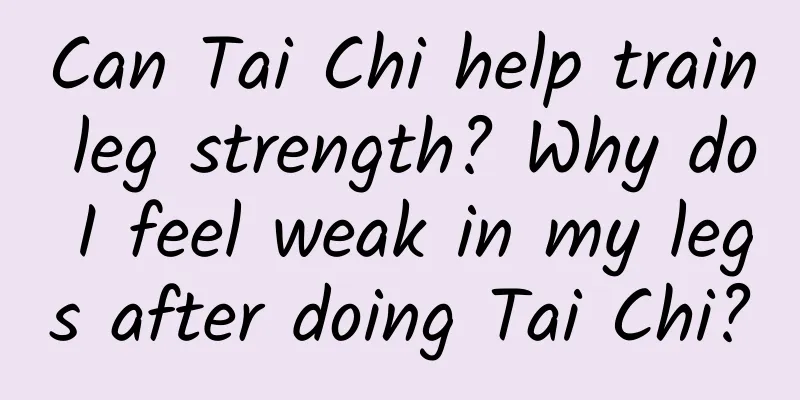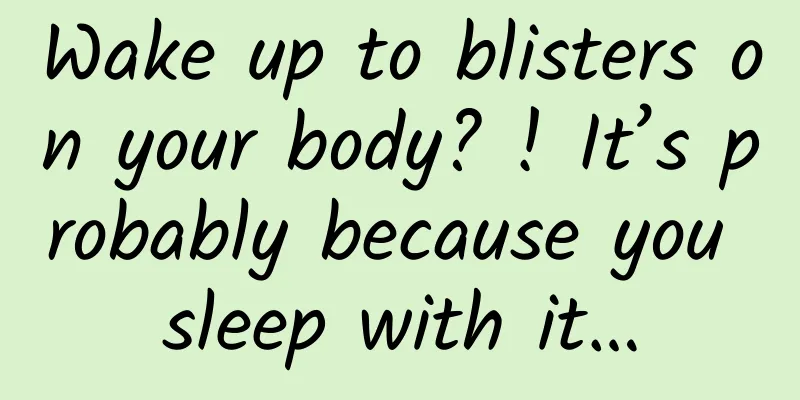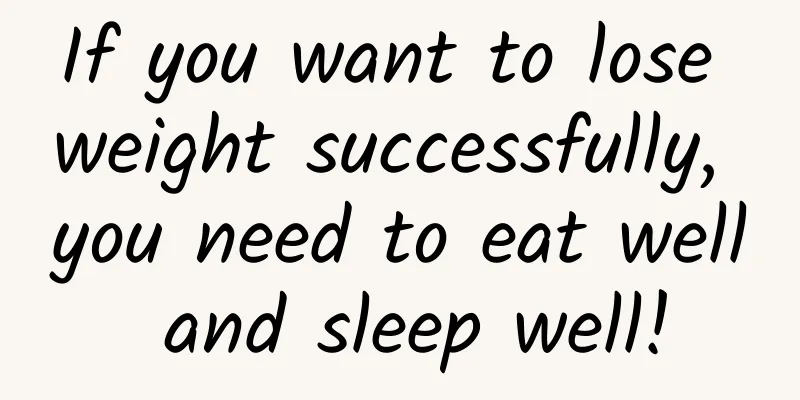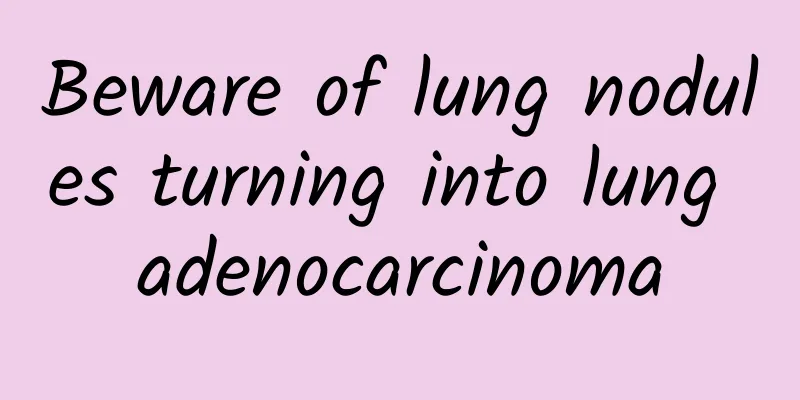Popular Science on Medication for the People - How to Identify False Drug Advertisements
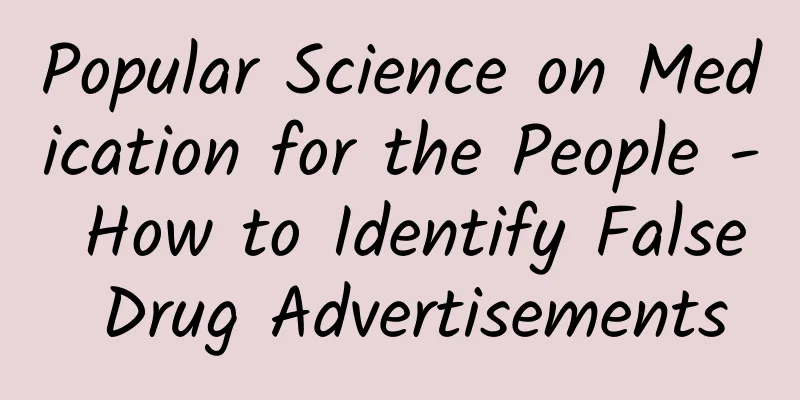
|
Recently, a "miracle doctor" who had been active on major local television stations and even provincial satellite TV stations for a long time was finally arrested. This "miracle doctor" sometimes disguised himself as a professor at Peking University, and sometimes transformed himself into an orthodox successor of Miao medicine. He promoted all kinds of "miracle drugs" that could cure all kinds of diseases on TV as an expert and a miracle doctor. Most of the programs were in the form of news interviews, with experts introducing the diseases in an endorsement manner, and then inviting patient actors in the audience to come on stage to try the drugs, or asking patients who had suffered from the disease for a long time to share their experiences, and then using a telephone hotline to encourage the audience to buy the drugs. This type of advertisement is played in a loop during working hours to avoid being seen by young people. Nowadays, young people watch less and less TV, but it just happens to catch the lonely hearts of the elderly. These advertisements often focus on chronic diseases that are difficult to cure, such as hypertension, diabetes, asthma, cervical spondylosis, vitiligo, joint pain caused by degenerative joint diseases in the elderly, etc. In fact, so far, there is no drug in the world that claims to be able to completely and 100% "cure" the above diseases. All of these chronic diseases require patients to take medication regularly for a long time to be effectively controlled. In fact, according to Article 12 of my country's "Regulations on the Administration of Prescription and Over-the-Counter Drugs", prescription drugs are only allowed to be advertised in professional medical newspapers and periodicals, while over-the-counter drugs can be advertised in mass media after approval. Over-the-counter drugs are also called OTC drugs. "OTC" is marked on the medicine box. They refer to drugs that can be purchased without a doctor's prescription, also known as over-the-counter drugs. Most drugs for treating colds, fevers, coughs, indigestion, and headaches are OTC drugs. The drugs for treating colds that we see on TV on weekdays, such as Xin Kangtai, are OTC drugs. This type of drug is allowed to be advertised in mass media. The above false advertisements, such as those for the treatment of diabetes, asthma, hypertension, etc., are prescription drugs and are not allowed to be advertised in mass media or in other ways for the public. Therefore, such drugs are not allowed to be advertised on TV! Just knowing this, we can know whether these drug advertisements are drugs produced by regular pharmaceutical companies. In fact, prescription drugs can only be advertised in professional medical magazines and media for reference by professional medical staff. In addition, if people want to check whether a certain medicine or "health product" is a fake, they can log on to the website of my country Food and Drug Administration: www.sfda.gov.cn, or Baidu "China Food and Drug Administration" to enter the official website homepage, click on the "Drug" column on the homepage to conduct drug search. The website can also conduct authenticity checks on "cosmetics". For these fake drugs, on the one hand, it is due to the lax supervision of relevant law enforcement departments in my country. Recently, my country has begun to carry out centralized rectification. I hope that the elderly in each family can open their eyes and not listen to one side and be deceived by the false drug advertisements on TV and radio that promise "100% cure". Sometimes some patients buy these drugs according to advertisements and magically find that the effect is very good, such as blood sugar is not high immediately after taking the medicine, and rheumatoid patients are no longer painful immediately. In fact, this situation may be that the medicine is mixed with some obsolete drugs with good efficacy but great adverse reactions, such as phenformin for hypoglycemia. In addition, large doses of glucocorticoids can also relieve the symptoms of patients with some immune-related diseases, but the adverse reactions are also huge and not conducive to the treatment of the original disease. Therefore, patients with chronic diseases should go to regular hospitals, follow the doctor's advice, and take medication regularly for a long time. This is the wisest choice. |
<<: Western medicine irritates the stomach, so it is best to take it after a meal?
>>: An area in Nanjing, Jiangsu has been upgraded to a high-risk area!
Recommend
How many pounds is normal for eight months of pregnancy? How many pounds is a baby in eight months of pregnancy?
When you are eight months pregnant, the baby is a...
Milky white fluid comes out when squeezing breast
Women will only produce milk after they become pr...
What causes appendage pain?
Many women experience adnexal pain during menstru...
Precautions after breast augmentation
In modern life, more and more people will undergo...
Why are my nipples always hard?
The nipples are always hard, and many women are w...
How to treat female frigidity
Sexual apathy is the lack of sexual desire. In la...
Is funnel pelvis hereditary?
Funnel pelvis is actually a type of pelvis. In fa...
A small amount of blood after three weeks of medical abortion
Generally, women will experience bleeding within ...
I haven't had my period for two months and I'm not pregnant.
Women's menstrual period is an important mani...
What are the characteristics of perimenopausal menstruation?
Under normal circumstances, women are likely to e...
Why does a woman have a stomachache?
Most women have cold bodies, so in daily life the...
How much is a box of beer? How to drink beer without bitterness
Beer is an alcoholic beverage made from wheat mal...
How do female nipples form?
Women pay special attention to the image of their...
What kind of exercise is good for women to lose weight?
It is normal for women to love beauty. In additio...
Can I have sex at 31 weeks of pregnancy?
During the wife's pregnancy, as a husband, yo...

